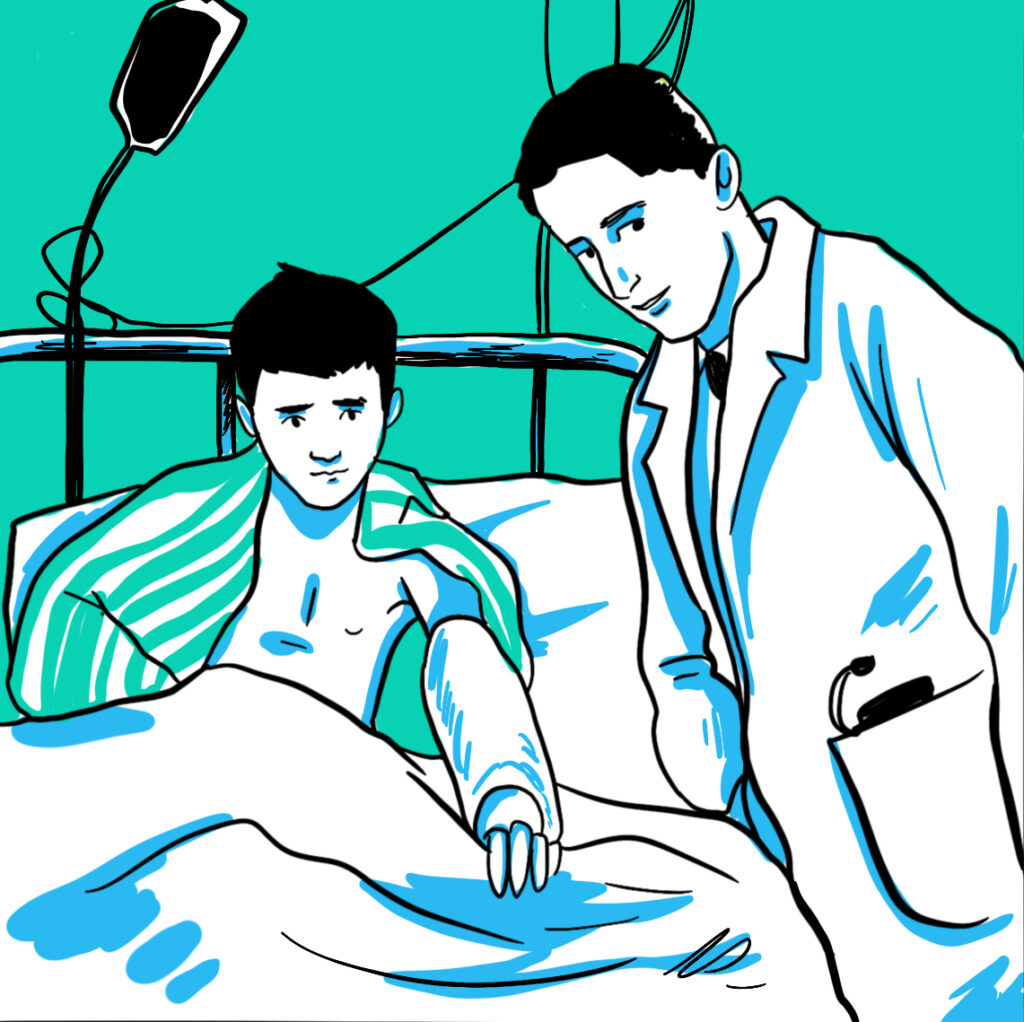Phoenix rising – share your stories with us
So do we need another consultation? Absolutely. Do we need another report? Maybe, but we need to share experience in new ways that reach more people. Do we need to see real and positive change for all across the community? Certainly.
The COVID-19 pandemic has seen many bleeding disorder centres rapidly and radically alter the way that care is delivered. In “normal” times, achieving such changes can be painfully slow, but crises create opportunities for reinvention in ways that are rarely possible during normal times and it may be that some newer practices may enhance care if kept in place beyond the pandemic.
Current care models evolved to meet the needs of those with severest forms of bleeding disorders, who are mainly men. With emerging treatments and approaches, many of these patients are now able to manage their conditions at home while some traditionally less visible patient groups, such as women, those with milder forms of bleeding disorders, the aging population and those with rarer conditions, are becoming more visible. As the patient population changes, the nature of the service provided will also need to evolve.
So Project Phoenix was born, conceived as a comprehensive stakeholder consultation exercise that will bring together service users, families, carers, clinicians, commissioners and other stakeholders to discuss and explore in detail, the challenges and opportunities that lie ahead and to share the excellent practice that’s already out there. Building on the published recommendations, we will identify achievable, acceptable and sustainable practices; those that can be used locally and nationally to reduce inequalities and enhance the quality of care for ALL people with bleeding disorders.
By late summer, we aim to share practical examples of excellent care in a way that can be accessed by everyone, using social media, videos, podcasts, training webinars and maybe even a paper report. We want to ensure that future bleeding disorder care continues to innovate for the benefit of all people with bleeding disorders, building on the best and reducing the fragmentation and administrative hurdles that have characterized services in the past.
Our project steering group met for the first time last week and began mapping out the project objectives and a baseline survey. Patients and advocates (Dr Rich Gorman, Dan Farthing, Gemma Gardner, Clive Smith) joined doctors (Dr Sarah Mangles, Dr Gary Benson), nurses (April Jones, Marie Eales) and operational service managers (Heather Williams) to shape the project. The project is being led for Haemnet by Sandra Dodgson and Lisa Steadman, working with Youth Ambassadors from The Haemophilia Society, who have already accessed training in how to hold “effective conversations”. Together, they will hear from stakeholders across the whole community and across the care pathways.
It’s an ambitious programme. Whether by taking part in a survey or speaking to one of our researchers, we hope you’ll have your say. We’ll post regular updates here and on our social media channels so make sure you are following us and look out for the project hashtag, #ProjectPhoenix.
Project Phoenix is being led by Haemnet in association with haemophilia patient support groups with funding support from CSL Behring, Pfizer Roche/Chugai, and Sobi. Funders have no input into the design of the project or its outputs.


